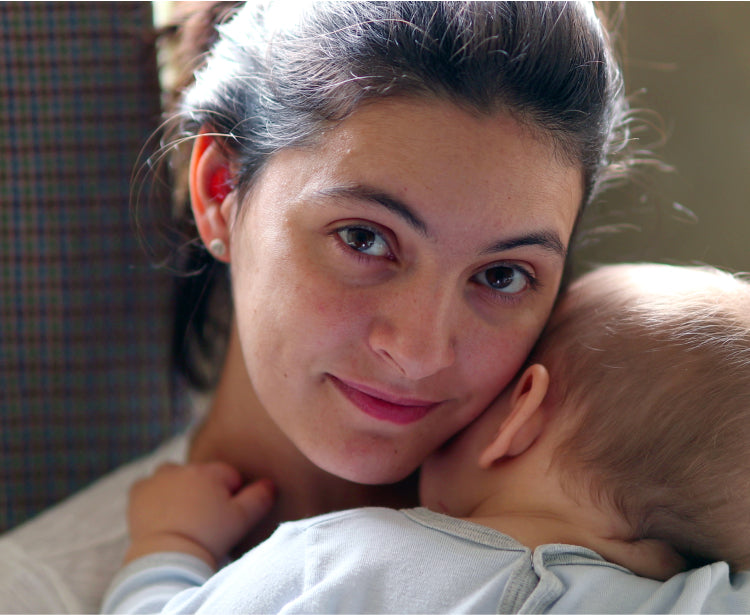
FAQs
Can’t find what you’re looking for?
Do I need to refrigerate your probiotics?
Our probiotics don’t require refrigeration, but they must be stored at 77°F (25°C) or below to maintain potency throughout the labeled shelf life of the product. It’s possible that refrigeration can prolong that shelf life, but it’s not necessary. Make sure you keep the bottle tightly closed if you pop the bottle in the fridge or freezer, and only freeze unopened vials to avoid any moisture pickup when they thaw.
These ingredients include mixed tocopherols. Is there any soy in here?
Mixed tocopherols may be derived from or dispersed in soybean oil, but the extraction, purification and refining processes remove any possible soy allergens. No soy allergens are present in any of our probiotic liquids.
Where does the Vitamin D in your Probiotic + Vitamin D Drops come from?
Our Probiotic Drops + Vitamin D include naturally derived, certified vegan vitamin D3 (cholecalciferol) sourced from lichen.
Why do the Probiotics look cloudy?
Our probiotic drops contain non-GMO corn or sunflower oil, which has a mild taste and a light yellow tint. Because we microencapsulate the probiotic to protect it as it travels to the gut to do its job, it appears as whitish clumps or sand-like grains suspended in the pale yellow oil. These will settle out on standing, though in some cases the microencapsulated beads can form a plug in the neck of the bottle that’s noticeable when you open it. Shake well to redistribute the beads before giving to your baby.
What are Probiotics? Are they safe for my baby?
Probiotics are living microorganisms (most commonly bacteria, sometimes yeasts) that scientific research has shown to benefit human health. In some cases they’re similar to, or the same as, the microbes already found in a healthy digestive tract. Many probiotics were originally isolated from common fermented foods, such as yogurt. Our Baby Probiotic Drops + Vitamin D contain the live culture Lactobacillus rhamnosus GG, the most widely studied probiotic in the world, with more than 800 scientific publications attesting to the safety and healthfulness of these beneficial bacteria. As with all dietary supplements, you should discuss the use of probiotics with your baby’s doctor.